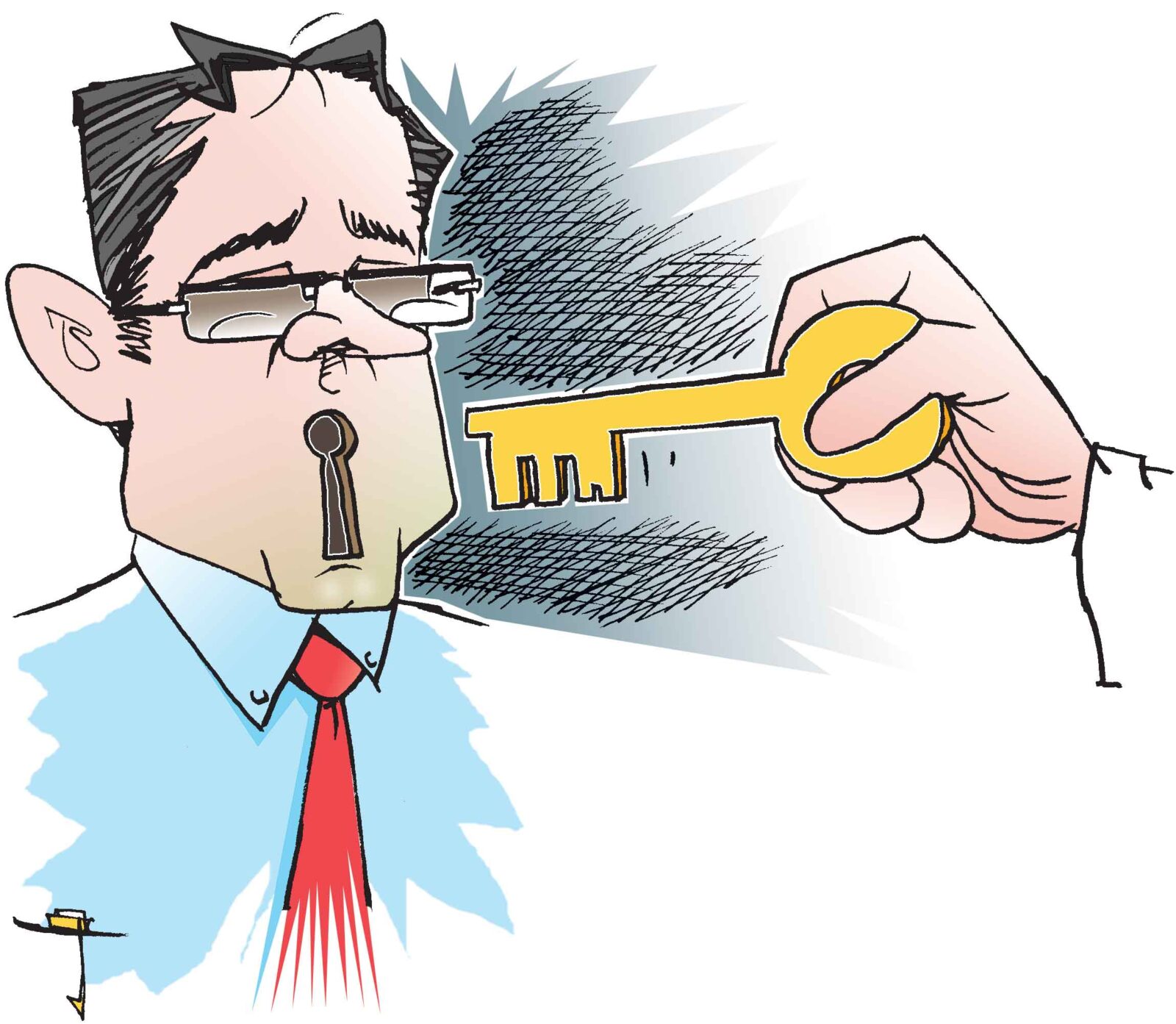RECENTLY, Bihar-cadre IPS officer, Amitabh Kumar Das, currently posted as SP, Bihar Human Rights Commission (BHRC), was in the news. He sent a report to the Inspector General (Special Branch) of Bihar Police, regarding alleged links of a newly inducted Union minister with the Ranvir Sena, a banned organisation. The BHRC issued a notice to Das, seeking an explanation for sending this report.
This was followed by a prominent political leader from Bihar seeking Das’ immediate suspension, saying that he had exceeded his jurisdiction by writing a letter to the IG (Special Branch). The leader made personal comments against Das, saying he has always been controversial from the beginning.
At the outset, I would like to make it clear that I do not have any personal knowledge about the veracity of the facts presented by the two parties. Das might be correct in his allegations about the Union minister having relations with a banned outfit and he might be absolutely mistaken. As far as possibilities go, there could be definite motive and slant to his act because what a man thinks and does is best known to him only. Hence, as a prudent person, all of us need to refrain from arriving at any conclusion as regards these allegations except regarding the fact that such allegations have been made.
But one issue that directly interests me here is the unequal position in which the political persons and public servants find themselves in if any such situation of personal allegations arises. The political persons, as citizens of this nation, have their rights emanating from Article 19(1) of the Constitution which gives the right to freedom of expression, with a few riders. Being the representatives of lakhs of people, this right also acquires the shape of a duty because whatever they are saying is also being said as the voice of all the people they represent, who expect their voices to be expressed to the larger audiences.
Take, for example, this particular case. Das wrote something regarding the conduct of a Union minister. Some other political person reacted on behalf of the Union minister, making personal allegations against Das and seeking strong action against him. Which of them is correct is not the issue and is a matter of verification, but the inequality between political persons and the public servants as far as defending themselves as individual entities emerges pretty obviously.
We all know that public servants are human beings, they are not robots. They have their families, near and dear ones, they have relatives and they also live in society. In such circumstances, when political persons make allegations of a personal nature that place them in a position of social awkwardness, unfortunately the public servant is seriously handicapped in having a mechanism to defend himself.
Most of the rules and regulations regarding the conduct of government servants prohibit them from interacting through the media. For example, Rule 7 of the All India Services Conduct Rules 1968 regarding criticism of government makes it very specific that they shall not make any statement of fact or opinion which criticises any current policy or action of the Central or State government.
Many a time in the past, criticism of an individual holding a public office, like the Prime Minister, Chief Minister or other ministers has been construed as criticism of the government and if one goes through the vast annals of departmental action against government servants, many instances would definitely emerge where a public servant was penalised for personal criticism of a political public office-holder. His action was treated as criticism of the government.
ADMITTEDLY, there is Rule 17 in the Conduct Rules of the All India Services which deals with vindication of acts and character of members of the Service. Though, to the best of my knowledge, such rules and provisions do not exist for all public services. But even this rule begins on a negative note, saying that no member of the Service shall, except with the previous sanction of the government, have recourse to media regarding criticism or attack of a defamatory character for the
vindication of his official act.
There was possibly a time when these issues were not taken seriously because it was not envisaged that in the days to come, 24×7 media would slowly encompass almost every vista of life. This includes piercing the government veil and going deep into analysis of individual public servants. Thus, every day we witness one or more news reports being published about the alleged impropriety of public servants. But in all these cases, while the person making such allegations has the immensely strong tool of freedom of expression assisting him, the public servant is definitely handicapped through various conduct rules.
The second facet not envisaged by the lawmakers in those days was the way in which relations between political masters and public servants would change in the future. From whatever I have understood through the reminiscences of public servants of those days in the 1950s and 1960s, the instances of public servants and political masters clashing were minimal. There may have been a historical reason: The political masters were the offspring of the great freedom struggle and imbibed extremely high moral values that possibly guided them to be very cautious of their character and image. The same held true for the public servants.
With change in the flavour of the times, there has been a definite deterioration on both sides, and today the news of a minister being associated with a terrorist or extremist outfit or being a supplier of illegal arms and ammunition or being a member of a notorious gang does not come as a big surprise. Many political persons would definitely have been behind bars, if the various limitations of our social and legal milieu had not come to their assistance. In the same manner, today we keep on hearing news of senior government officers being involved in drug peddling, flesh trade, anti-national activities and so on.
In such circumstances, it seems necessary to take a relook at the existing conduct rules for public servants and to provide them the same kind of freedom of expression that has been granted to every other citizen of this nation, so that both the politician and the public servant are equally equipped and are able to face these adverse situations which now arise every other day. This seems to be the only way in which the current precarious condition can be overcome because this will only assist in bringing all the facts into the public domain. The argument of secrecy of functioning must give way to the strength of transparency for better governance and a better India.
Amitabh Thakur, an IPS officer from UP, is also working for transparency in governance. The views expressed are personal































































